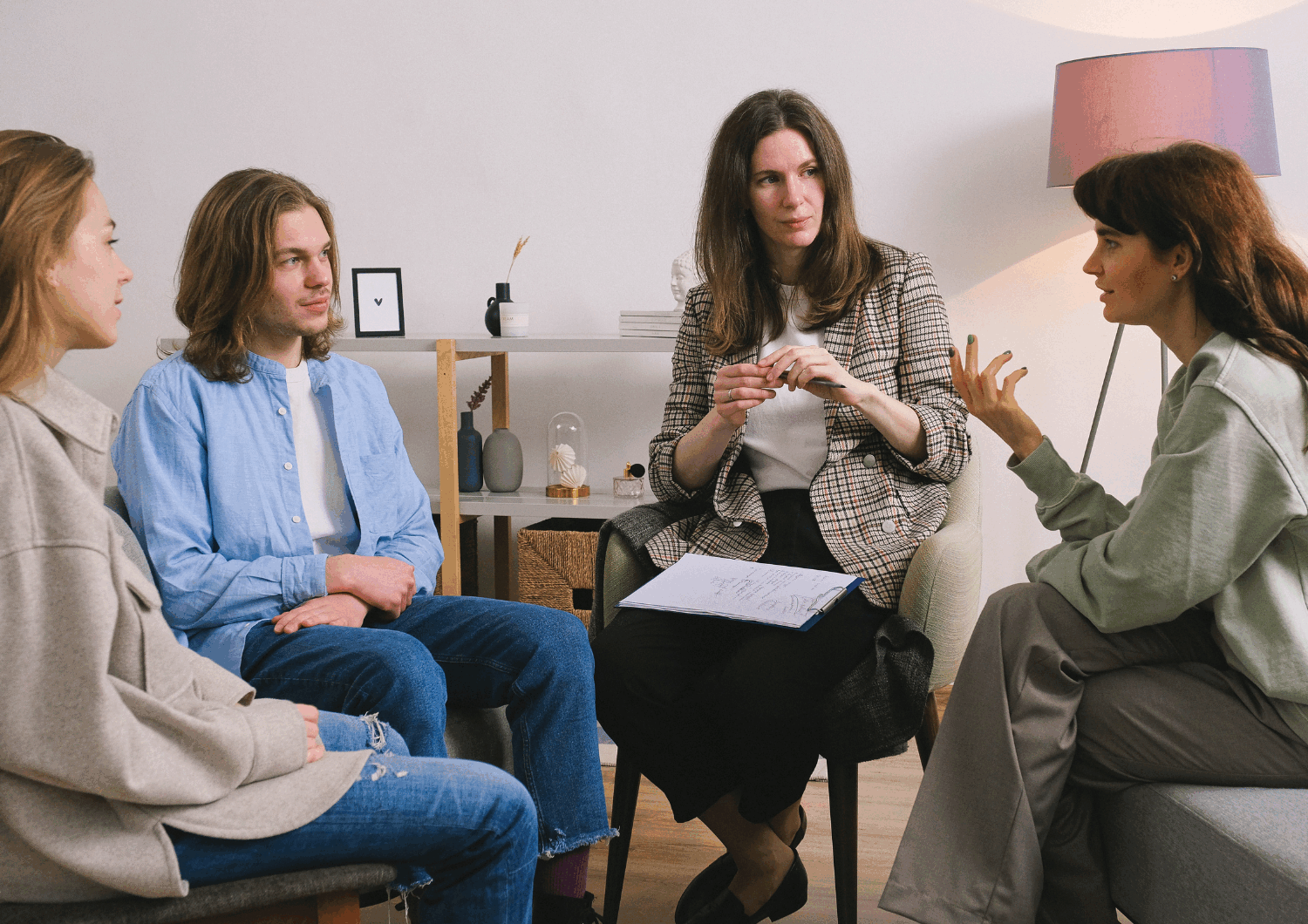
Essex Partnership University Foundation Trust (EPUT) is taking part in research to test the effectiveness of an education programme designed to help families of people who have been diagnosed with specific mental health conditions.
The course is for families and carers of people who have chronic emotional dysregulation, and/or have been diagnosed with borderline personality disorder or emotionally unstable personality disorder.
It helps them understand these complex conditions and how they affect people, as the symptoms can be very distressing for the individual and those around them.
They are taught skills to improve communication with their loved ones and what to do if they experience a mental health crisis. The skills are based on dialectical behavioural therapy, a type of behavioural-focused therapy that their loved ones may also receive as part of their treatment.
Families and carers are also supported to look after their own health and wellbeing.
The programme started in the USA, where it was created by the National Education Alliance for Borderline Personality Disorder (NEABPD), a non-profit organisation.
EPUT has delivered the course in Essex for four years and it is updated each time to reflect feedback from the families who take part and new guidance.
The Trust is currently running the course in south east Essex as part of a research study to test the benefits to families and patients.
It is one of three NHS Trusts taking part in the study, which is funded by the Research for Patient Benefit programme of the National Institute for Health and Social Care Research and led by the University of York.
The findings from all three Trusts will be used to determine the feasibility of carrying out a full trial of the programme nationally.
The 12-week course is co-delivered by psychological therapists and a carer who has completed the NEABPD leader training, and is an example of how co-production is helping EPUT to deliver compassionate and informed care.
Pat Matten, a carer who co-delivers the course at EPUT, said: “It is vitally important that there’s somebody there who has the personal experience of being a carer.
“The clinicians bring their clinical expertise and knowledge but everyone’s lived experiences are different.
“Having a carer as a facilitator bridges that gap. I am very privileged to be able to co-deliver this intervention with the team and as a carer, the families are able to relate to me because they feel I understand what it’s like for them.”
Laura Keyes, a Clinical Associate Psychologist, said: “I feel so fortunate to be involved in this project.
“The results from the study are not yet available, but we are very encouraged by the feedback we have received so far from carers who have attended the group.
“For example, some have reported feeling better able to manage their own wellbeing and to support their loved ones, so that situations which may have in the past resulted in a crisis are not now, and that is so important.”